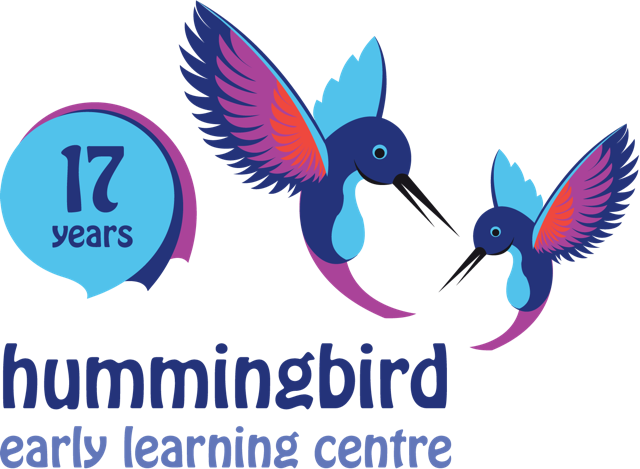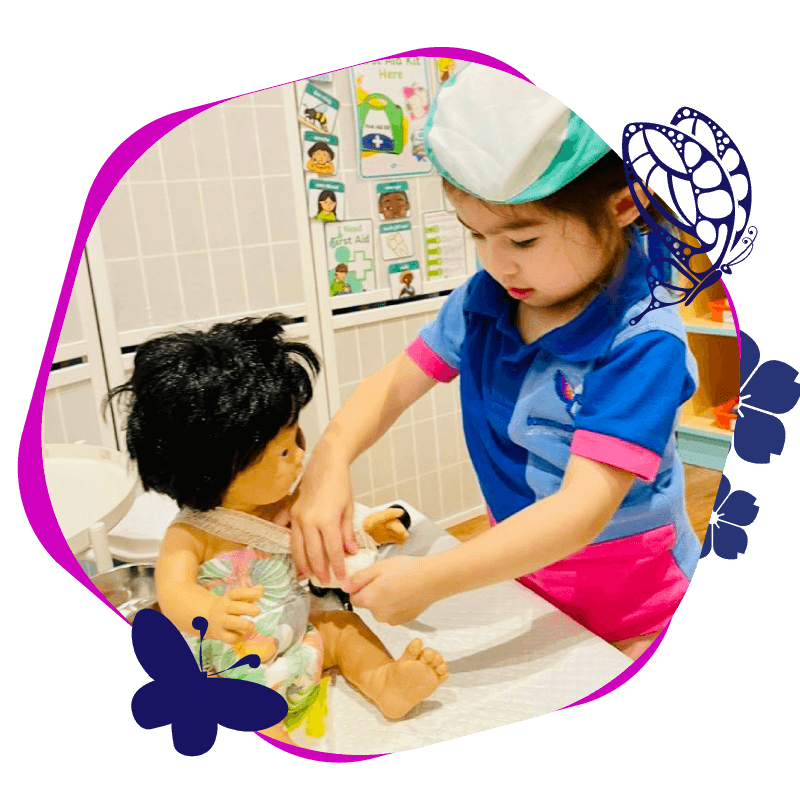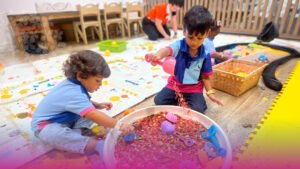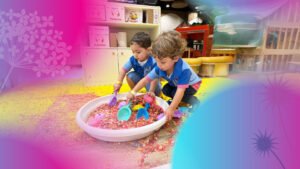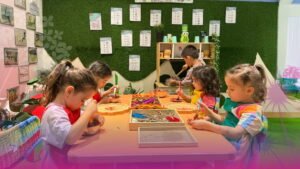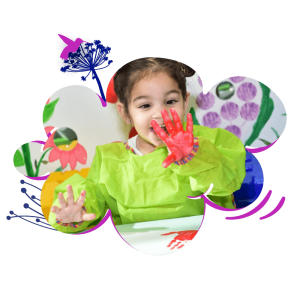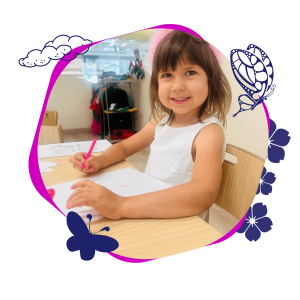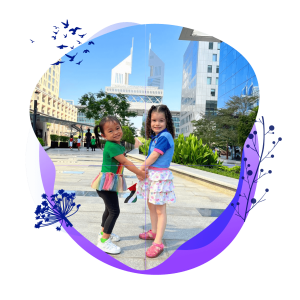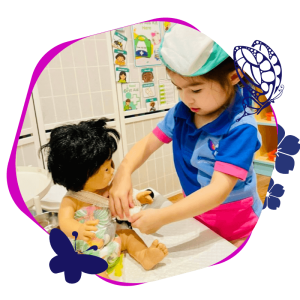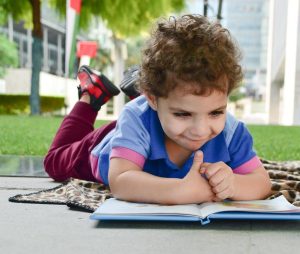Why Emotional Growth Matters
- Building Blocks for a Fulfilling Life
1. Developing Self-Confidence
Self-confidence is one of the first emotional skills children cultivate. When a child feels secure in their abilities and valued by their caregivers, they are more likely to approach new challenges with enthusiasm and curiosity. This confidence enables them to embrace learning opportunities, whether it’s taking their first steps, speaking their first words, or solving simple problems.
How to Encourage Self-Confidence:
- Offer praise for effort rather than results.
- Encourage independence in daily tasks.
- Provide opportunities for problem-solving and creativity.
2. Emotional Self-Regulation
The ability to manage emotions is vital for personal and social growth. Tantrums and tears are a natural part of early development, but with gentle guidance, children learn to recognize and control their feelings. Emotional self-regulation equips them with tools to handle frustration, adapt to changes, and interact harmoniously with others.
Ways to Foster Emotional Self-Regulation:
- Teach children to name and express their emotions.
- Model calm responses to stress and challenges.
- Establish consistent routines to provide a sense of security.
3. Encouraging Self-Expression
Self-expression allows children to communicate their thoughts, feelings, and needs effectively. Whether through words, drawings, or play, this ability fosters creativity and helps them connect with the world around them. Encouraging self-expression in young children lays the groundwork for strong communication skills, which are vital for building meaningful relationships and collaborating with others.
How to Support Self-Expression:
- Provide open-ended toys and art materials.
- Encourage storytelling and imaginative play.
- Validate children’s feelings and experiences.
- The Role of Self-Respect and Positive Belief
4. Instilling Self-Respect
Self-respect is another cornerstone of emotional development. When children are taught to value themselves and recognize their unique qualities, they develop a healthy sense of worth. This self-respect helps them set boundaries, advocate for themselves, and treat others with kindness and empathy.
How to Cultivate Self-Respect:
- Encourage children to make choices and respect their decisions.
- Foster a sense of responsibility through age-appropriate tasks.
- Celebrate their individuality and strengths.
5. Encouraging Positive Self-Belief
Positive self-belief acts as a compass for navigating life’s challenges. Children who believe in their potential are more likely to take risks, explore new ideas, and persevere through setbacks. This mindset is essential for problem-solving and healthy risk-taking—skills that open doors to personal growth and achievement.
Ways to Encourage Positive Self-Belief:
- Use affirmations and positive reinforcement.
- Avoid negative labeling and criticism.
- Help children set and achieve small, realistic goals.
- The Ripple Effect of Emotional Skills
The emotional skills developed in early childhood do more than prepare children for their immediate environment—they create a ripple effect that extends into every aspect of their lives. A confident, emotionally balanced child grows into an adult who can face life’s uncertainties with courage and resilience. They are better equipped to solve problems creatively, form lasting relationships, and contribute positively to their communities.
- The Role of Parents and Educators
As parents, educators, and caregivers, nurturing these emotional skills in children is one of the greatest gifts we can offer. By providing a supportive environment filled with love, patience, and encouragement, we set the stage for a lifetime of emotional well-being and success.
Ways to Support Emotional Growth in Daily Life:
- Encourage open communication and active listening.
- Create a safe space for children to express themselves.
- Offer gentle guidance rather than strict punishment.
- Reinforce positive behaviors through praise and encouragement.



